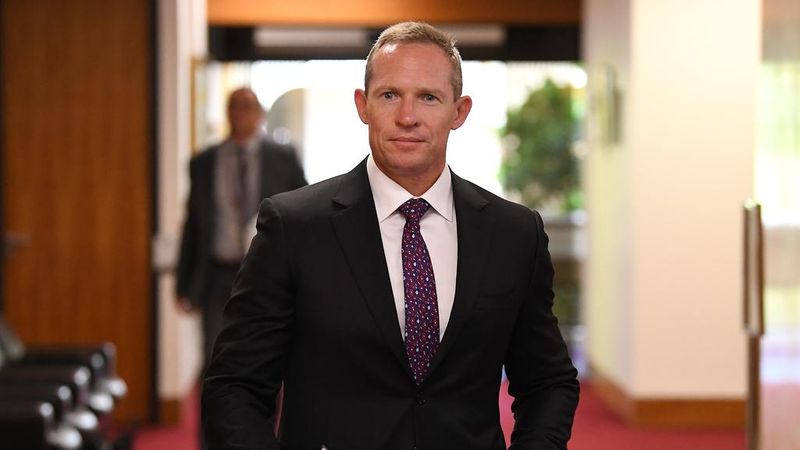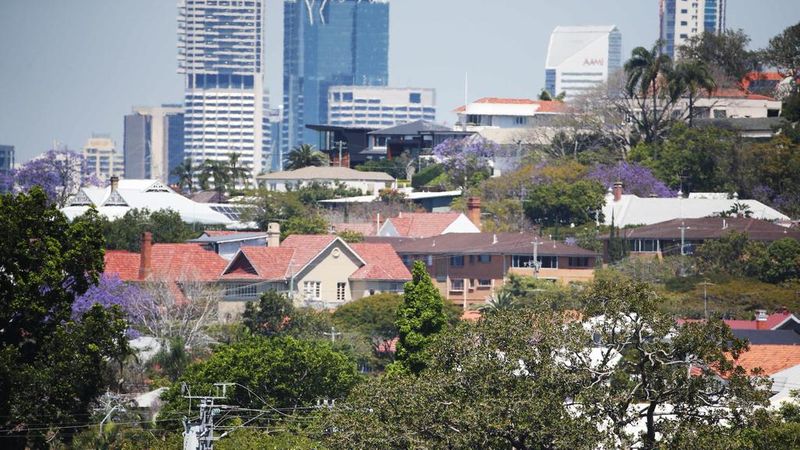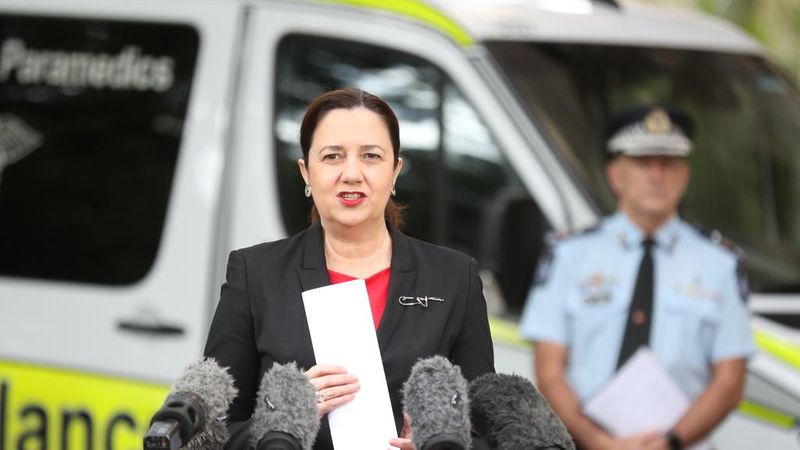Coronavirus: QLD backs down on emergency laws with renters to pay own way
In a win for investors, the Palaszczuk Government has watered down residential emergency measures it was set to put to parliament, meaning tenants will foot the rent bill – even if deferred – in return for landlords not kicking them out.
Amendments to the Residential Tenancies and Rooming Accommodation Act were originally set to be introduced to parliament tomorrow, but had to be dramatically changed after last week’s proposed measures drew anger from property investors across the country.

Queensland Housing Minister Mick de Brenni conceded that there was strong opposition to last week’s plan, with new collaborative measures now set in motion.
Queensland Housing Minister Mick de Brenni called it a “fair middle ground” – but it was only reached after the Palaszczuk Government was bombarded by a letter campaign opposing any move that would have effectively shut landlords out of their own properties.
The Real Estate Institute of Queensland said the amendments, which were coming into force to enable the Federal Government’s moratorium on evictions, included:
– Rent payments and unpaid rent: Property owners and tenants can now agree on the terms of reduced rent and deferred repayment requirements.
– Financial hardship requirements: The combined income of tenant/s must have reduced by more than 25 per cent as a direct result of COVID-19 or where the rent amount exceeds 30 per cent of income/s and tenant/s cannot afford to pay the rent.
– Substantiation of financial hardship: Tenants must provide the same level of proof of income as is required at the start of the tenancy to seek a rent reduction.
– Entry requirements: The Government will provide clear guidance to ensure access for essential repairs and maintenance, the sale of a property and virtual inspections.
– Break lease: To qualify for the Government’s break lease provisions, tenant/s must be in severe financial hardship which is defined as a 75 per cent reduction in combined tenant/s income and have less than $5,000 in savings.
– Extension of a tenancy: A fixed term tenancy will be automatically extended to 30 September 2020 unless agreed otherwise.
Mr de Brenni said the Residential Tenancies Authority, REIQ, QShelter, Tenants Queensland and QCOSS would form a new COVID-19 Housing Security Sub-Committee to oversee implementation.

Thousands of landlords across Queensland would have been impacted by changes to laws governing access to their properties and lease agreements.
“The Palaszczuk Government has established the COVID-19 Housing Security Sub-Committee of the Ministerial Housing Council to oversee the implementation of the response measures,” he said.
“The Palaszczuk Government is a government that listens and will be there for those who need us most when times are tough,” he said in a statement.
“Queensland has published a framework on the government’s new www.covid19.qld.gov.au website, setting out the process for interaction pending the development of an implementation Guideline which has been fleshed out with stakeholders.”
He said a Residential Tenancies Practice Guide COVID-19 for property owners and tenants was also developed.
“The Guide will support owners on a range of COVID-19 issues along with free, impartial and expert conciliation from the Residential Tenancies Authority if parties need additional support to reach agreement.”
He said those in significant financial distress would also be supported via a $20m rental grant package.


